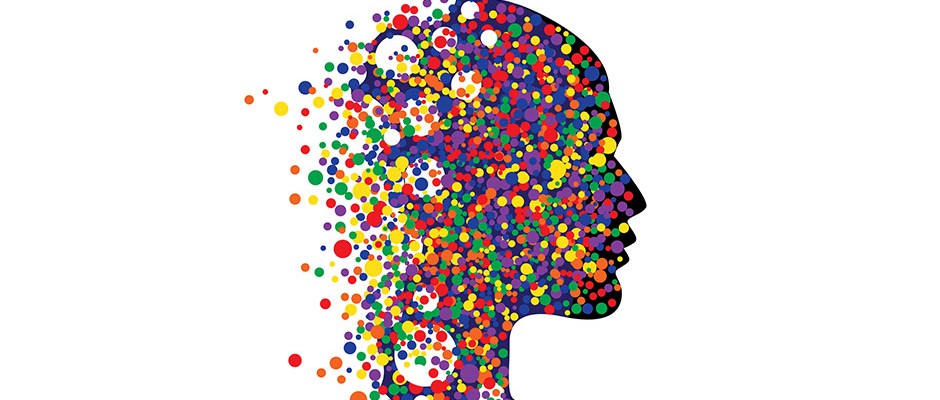A few months ago, a tv show named Ranjha Ranjha Kardi aired on Hum TV which showed a developmentally challenged young man named Bhola, played by Imran Ashraf. The show was written by Faiza Iftikhar and directed by Kashif Nisar. It also starred Iqra Aziz, Syed Jibran and Asma Abbas. The show was a big hit with the masses and Imran Ashraf’s character ‘Bhola’ was a bigger hit than the tv show itself. ‘Bhola’ became the subject of many TikToks, mimicries and even tableaux at school and college events.
https://www.youtube.com/watch?v=x1dW2T4TgcQ
Just recently, a tv show named Saraab was unveiled by television actress Sonya Hussayn in which she co-stars with Sami Khan. Sonya posted an image on her Instagram which attempted to bring attention to mental illness. In the comment section, a mother raised a question about autism not really being a ‘mental illness’ but Sonya Hussayn was quick to point out that ‘autism was a symptom of schizophrenia’. Sonya Hussayn has over 1.8 million followers on Instagram and the show, once it airs, will most likely rake in millions of views as well. Sonya was corrected by various people but the post remains and it also remains to be seen if Pakistani showrunners can bother to do a Google search or at least talk to experts before ‘launching’ tv shows around mental illness.
2 minutes google search helps. @ celebrities. pic.twitter.com/hwBmbXAIu2
— ????? (@Khaaksaar__k) August 6, 2020
A few years further down the line, a tv show named Sanam aired which starred Osman Khalid Butt, Hareem Farooq and Maya Ali. The show was centered around a similar theme where Hareem Farooq played a young woman who was clearly not the best picture of mental health. But the constant vilification of her character throughout the series ultimately appeared as insensitive and uninformed.
These are just a few examples of how showrunners aren’t really paying attention to key global issues and important realities around social issues. While some of the tv shows such as Udaari, Yaqeen Ka Safar, Alif and Khuda Mera Bhi Hai (among others) have tackled sensitive issues quite well, when it comes to mental health and topics around it, most people seem to be clueless and playing it by the seat of their pants.
https://www.youtube.com/watch?v=ZrXMemuu86I
The Autism Spectrum is definitely not a symptom of schizophrenia as Sonya Hussayn suggested, women who are struggling with mental illness definitely need therapy and not villainized and people on the spectrum don’t need to be turned into a joke or a PR stunt. Talented people like Sonya Hussayn and Faiza Iftikhar need to read more and research a tad bit more about mental health before they influence millions of people with their work and their art.
One doesn’t need to look far and beyond to research, Google is just a tap away. Then there is a ton of great content that is available online for reference. Netflix’s Atypical, Community are great examples of how to talk about Autism Spectrum.
Mainstream authors such as JK Rowling have used uniquely autistic traits in their blockbuster films such as Fantastic Beasts and Where to Find Them and Sheldon Cooper from the Big Bang Theory, another beloved and hit sitcom, displayed autism spectrum traits.
The bigger responsibility is also on showrunners that okay this content and allow stuff like this to be aired. PEMRA and other regulatory authorities are quick to raise a hue and cry about ‘vulgarity’ and ‘inappropriate’ issues in our tv shows and films but are unable to understand the dangers of allowing uninformed and ignorant elements such as these that damage and further stigmatize mental health and speaking about mental health issues. When creating neurodiverse characters, showrunners and artists and writers should allow their characters’ uniqueness and neurodiversity to be celebrated and loved instead of turning them into the butt of jokes and misinform the world about their personality traits.
